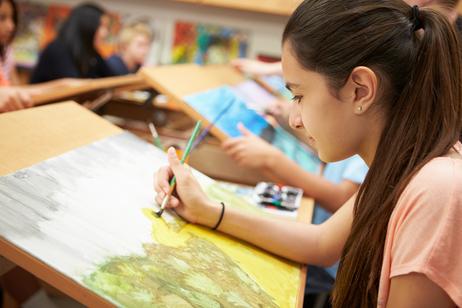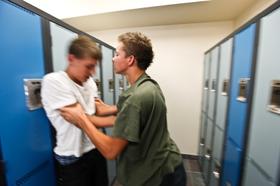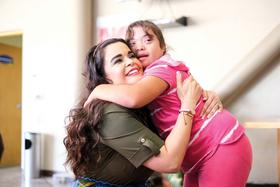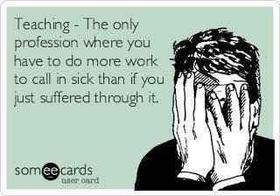As far back as the time of the ancient Greeks, philosophers like Plato recognized the inherent value of studying the arts. Theatre, music, dance, and the visual arts were seen as integral to Greek society and are still an integral component of education in our country today.
But not that long ago, amid nationwide budget cuts and an increasing emphasis on instruction and testing in math, science, and language arts, many school districts were forced to reduce arts programming greatly, and in some cases, eliminate parts of their arts curriculum altogether. The arts suffered because school officials, students, parents, and the public in general perceived the arts to be nothing more than an extracurricular activity, despite the vast evidence to the contrary. Fortunately, however, this trend has reversed somewhat, and school districts are once again developing thriving fine and performing arts programs.
The trend towards expanding arts education is certainly a positive one, as the benefits that students reap from participation in the arts are many. In fact, research shows that the arts promote positive development in the academic, social, and emotional realms. So important are the arts to a comprehensive educational program, that Katy Independent School District in Texas proclaims, “The arts are what make us most human, most complete as people.”
Signs of Support
The arts are gaining more and more recognition as a central component of the public school curriculum rather than as an add-on that students elect































